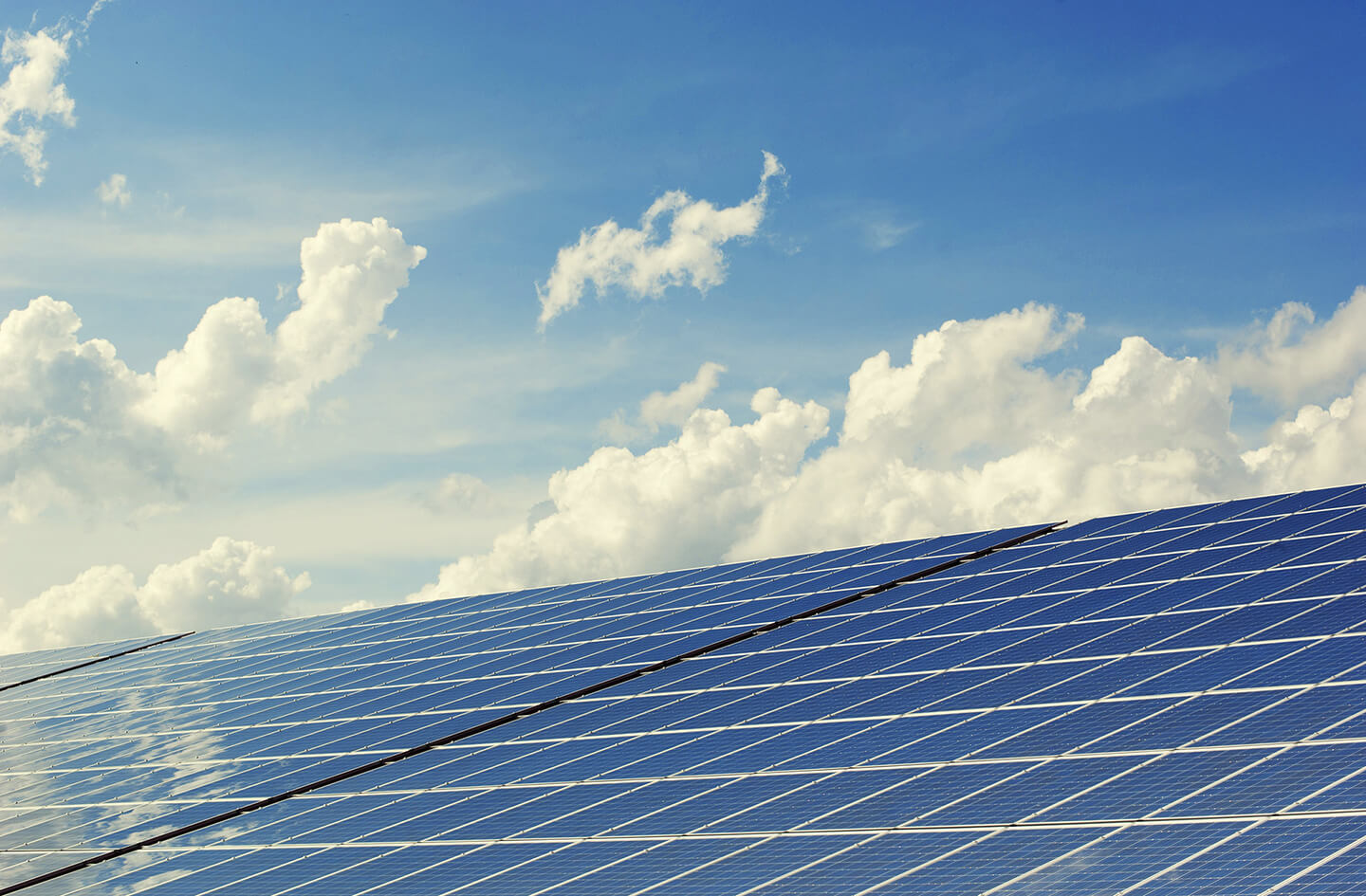
Supporting Continuous Industrial Operations for Nearly Three Times Cheaper Than Locations in Europe.
Unlike many other parts of the industrialised world, solar energy in Africa is able to power continuous industry operations – all year round. Contrary to what some may believe, the current technology around battery energy storage already brings this into view – in Africa. For Africans it’s a rather obvious statement. When you’ve got more hours of sunlight, at a higher intensity closer to the Equator, and you have a very mild or relatively negligible winter period – the opportunity is clear. Whereas this may come to mind to those operating in regions like Europe. This green industrialisation advantage is evidenced when comparing Kenya to two locations Europe: the south of Spain, and Germany, Europe’s top-performing solar energy site and one of Europe’s industrial pockets, respectively.
Based on hourly data over 16 years – we found that a solar energy system with 98% reliability will enable a reliable baseload that is 10 times greater than what you could achieve in Germany and 2.3 times what that system can give you in Spain.
For hybrid wind and solar energy systems that can support continuous industry operations – locations in Africa can be up to 3 times cheaper to install. In Europe, you can find areas with strong prevailing winds, what about the potential for wind to provide enough consistent renewable energy for continuous industry operation? European sites do often outperform comparable locations in Africa for their potential to generate wind energy. CAP-A ran an analysis based on the current cost data of capex for installing a hybrid solar and wind energy system attached to a grid-level battery. Optimizing for the cheapest system to get the same level of reliability supporting the same baseload, we find that the resulting system for a location in the south of Spain, would have a capital cost that is almost 50% higher.
Similarly, the cheapest hybrid (wind and solar) energy system to reliably meet the same baseload in Germany would be three times more expensive than a system installed in Kenya, requiring twice the battery size and three times the installed capacity.
Not only does Africa have a biophysical advantage, but the availability of land for these projects and the potential to shape renewable energy policy to accelerate development adds to the competitive edge provided by developing these projects in Africa. With the global urgency for green industrialisation, investors, energy project developers, manufactures, and other stakeholders working to decarbonise global value chains can be at the forefront of this competitive edge while promoting Climate Positive Growth on the continent.
Please find our co-founder, Carlijn Nouwen, sharing these insights on “The role of Africa in tackling the climate challenge” for the 16th CO2GeoNet Open Forum.
